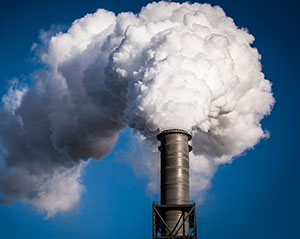Total CO2 emissions
Achievement of NDCs enables to curb global CO2 emissions by 2030, driven notably by advanced economies and some large emerging countries.
-3.1%/year
Decrease in CO2 emissions from energy and industry between 2023 and 2050.
Achievement of NDCs enables to curb global CO2 emissions by 2030, driven notably by advanced economies and some large emerging countries.
Announced policies and pledges, including NDCs, allow for global CO2 emissions to peak immediately, and to decrease to 16 GtCO2 by 2050 - as shown by our EnerBlue scenario. Advanced economies significantly reduce their emissions, as some emerging countries (notably in Asia). Emissions in Africa progress, but at a limited pace.
Breakdown by region | EnerBlue scenario
Loading...
Trend over 2000 - 2050 - EnerBlue scenario
World
Loading...
Scenario benchmark - World - CO2 emissions by fuel (%)
Loading...
EnerFuture provides energy projections up to 2050. Our service offers clear insight into the future of energy demand, prices and GHG emissions.
More informationEnerdata's long-term MACC allow you to gain unique insight and comprehensive data from the globally recognised POLES model.
More information


